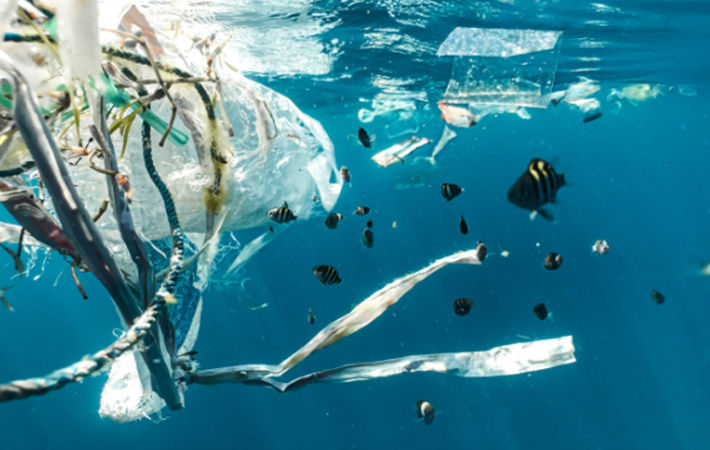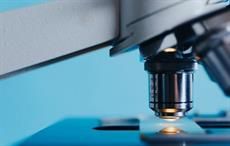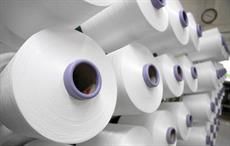
NFW has attracted a handful of big-name investors, including Ralph Lauren, BMW’s iVentures, and Allbirds. In July, the company said it had raised $15 million from private investors, bringing its total to $45 million. Some of that money went to expand its factory in Peoria, Illinois, where it’s now working to scale up production to hundreds of thousands of square feet of Clarus per month. In September, NFW announced a partnership with Patagonia to bring Clarus fibres into some of the brand’s new products, the company said in a media statement.
Natural materials like cotton and hemp are abundant; plants make up more than 80 percent of Earth’s biomass. Natural fibres are not just biodegradable, they are compostable. This means they don’t just break down into ever tinier pieces like some forms of plastic; they can instead become fertilizer as they decompose.
Materials science advancements have the potential to make it easier and simpler to verify supply chains. This will allow brands to make legitimate claims about the origins of their products, and point back to companies like NFW as suppliers. From a consumer standpoint, this could provide a more trustworthy guarantee of where clothing is coming from and how it is made.
Fibre2Fashion News Desk (GK)

